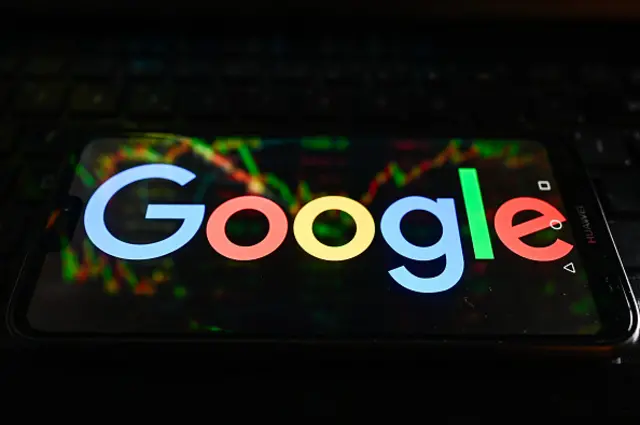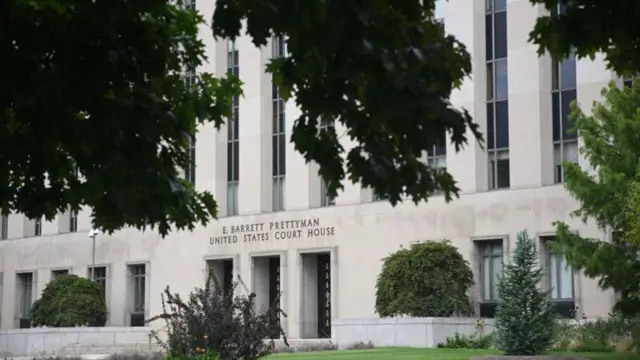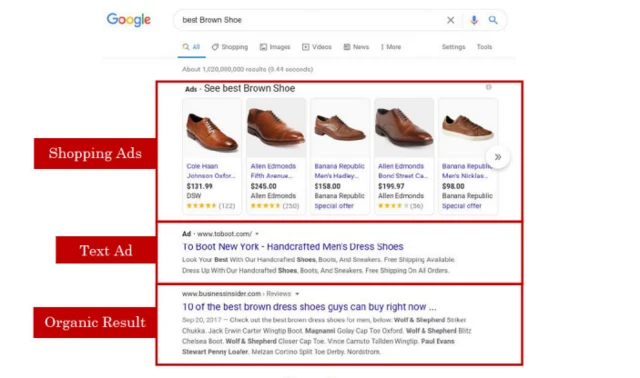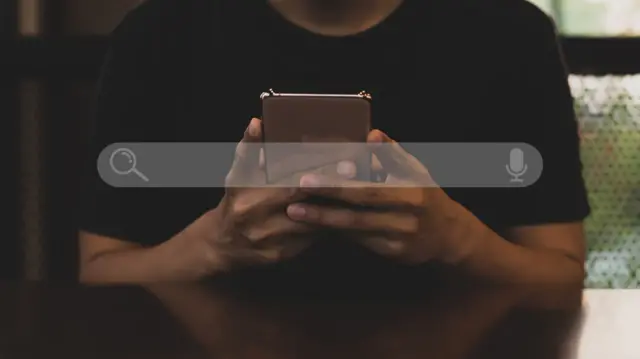We're leaving our coverage here... for nowpublished at 18:25 BST 12 September 2023
 Emma Owen
Emma Owen
Live reporter
Now that we've heard the opening arguments from both sides, we're going to wrap up this live page.
It's unclear how long this trial will take, but some guess it could last as long as 10 weeks.
So, who could we expect to be called upon in court?
- Sundar Pichai, chief executive of Google's parent company, Alphabet
- Eddy Cue, senior vice president of services, Apple
- John Giannandrea, senior vice president of machine learning and AI strategy, Apple
- Adrian Perica, voce president of corporate development, Apple
Earlier this month, Cue, Giannandrea and Perica lost a challenge to stop them being called as witnesses in the trial. We know that Pichai is in Washington this week for a global AI forum at the Senate.
Rest assured we'll be keeping an eye on this case, and will bring you more coverage as it goes on.
For now, thanks for joining us, and enjoy the rest of your day.








